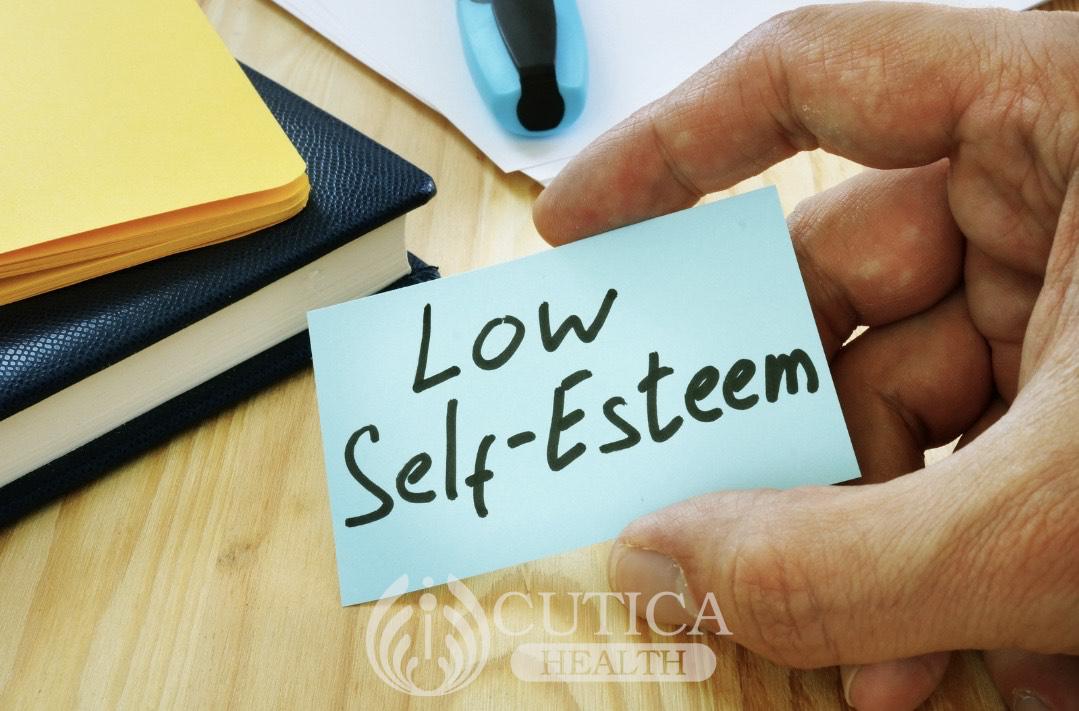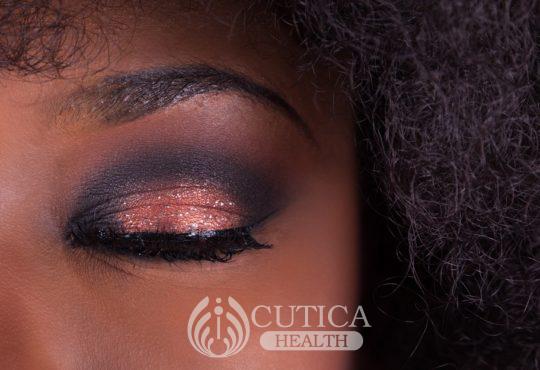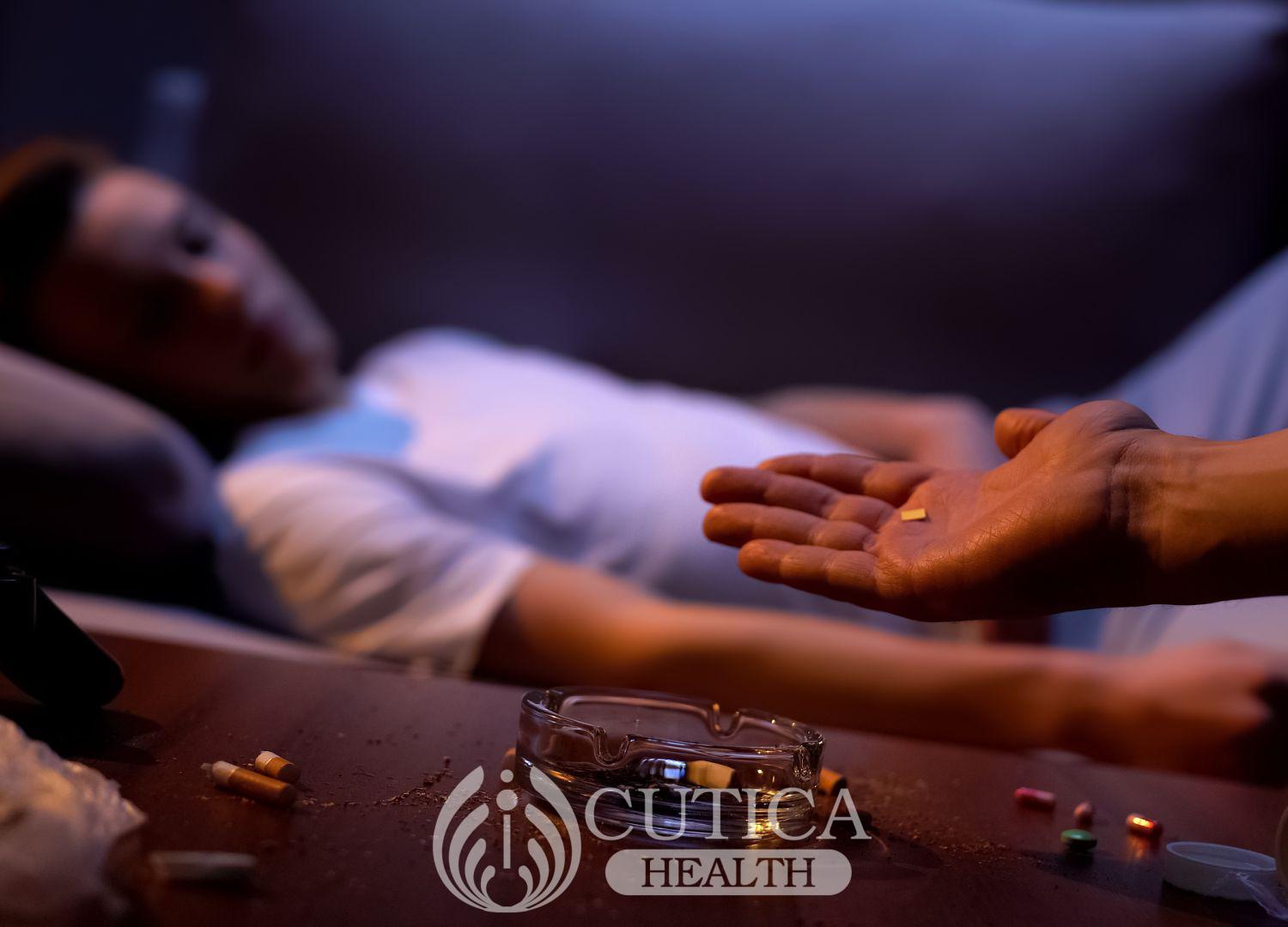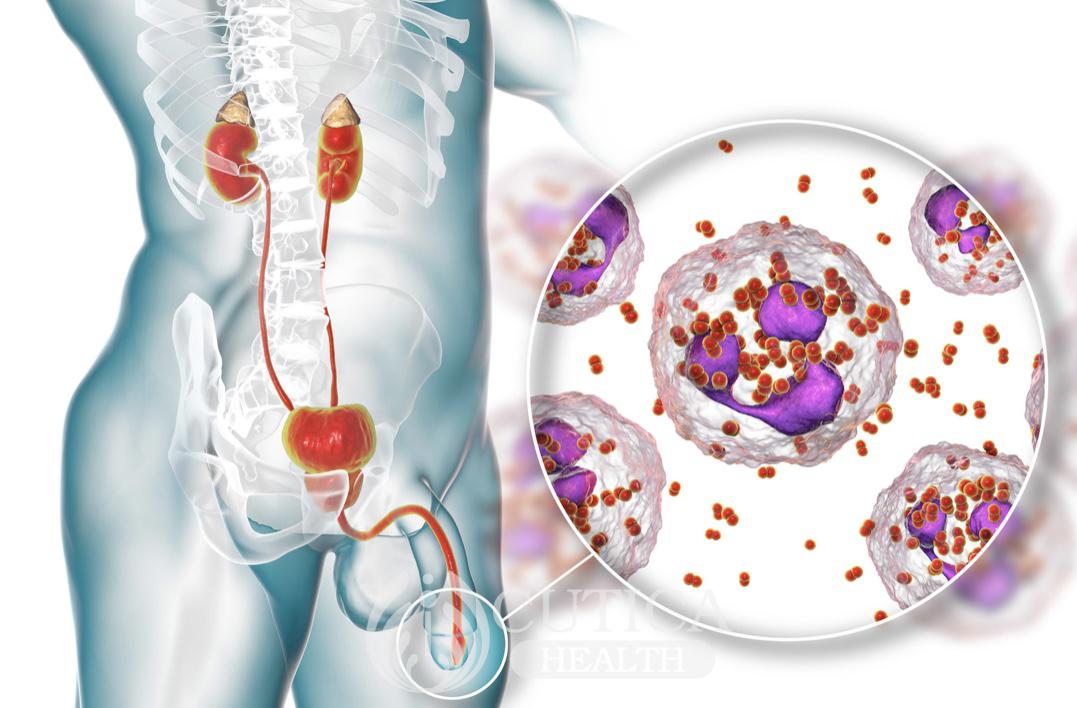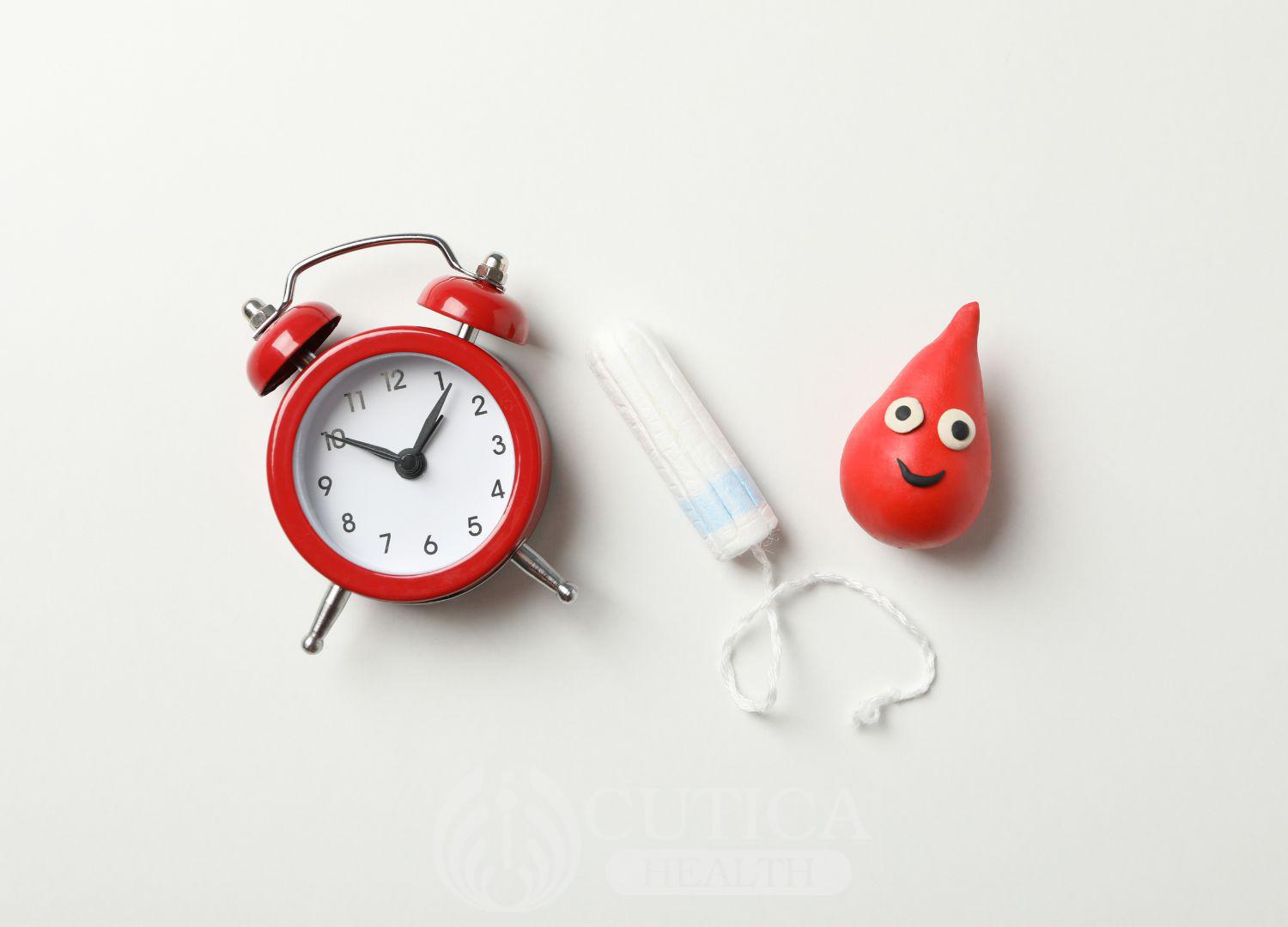
Puberty is marked by several characteristics, one of the most important of which is onset of menstrual period in a female.
The first period your child gets is called menarche, and it is considered an important part of a girl's transition from childhood to adolescence.
On average, most girls get their first period at about age 12. This however varies from girl to girl as some may get theirs as early as 8 years while others may not see their periods till they are about 15 years.

Here’s a simple overview of how periods come:
- When the level of the hormone, oestrogen rises considerably, there is thickening of the lining of the womb (uterus).
- There is also release of an egg from the ovaries.
- In the absence of a spermto fertilize the egg, the thickened lining of the womb breaks down, releasing blood and other tissues via the vagina.
- This is known as menstruation . On an average, this cycle occurs every 28 days, lasting about 2-7 days .
In the first year or two after menarche, your child’s period may be irregular or absent for months. This normalises with time.

Symptoms of Menarche
Prior to the first bleed, your child may have the following symptoms.
- Mood swings
- Bloating
- Lower abdominal cramps
- Acne
Some other signs that inform you that a period may soon begin are presence of hair in her armpits and pubic region.
Most girls experience menarche about 2 years after breast formation and one year after having a white, vaginal discharge.
Some Abnormalities Associated With Menarche/Menstruation
Abnormalities associated with onset of periods are early onset, delayed onset, and an absence of periods.
- Menarche before the age of 9 years is considered early. While there may be no underlying problem, it may be linked to genetics, or conditions involving the brain, ovaries, or the thyroid gland.
- A delay in menstruation may be due to excessive exercise, poor eating habits or a condition that involves the ovaries. A girl is said to have late menarche if she has a uterus and vagina but yet to experience menarche at 15 years.

Amenorrhea simply means absence of menstrual bleed.
Other key points:
- Compared to previous generations, more girls are getting their periods earlier. This decrease in the age of menarche has been attributed to increased access to good food and nutrition.
- It is important for a parent or guardian to explain this change to a child prior to onset, preparing them at an early age.
- Let them know that it is nothing to be embarrassed or ashamed of as their bodies are simply changing with growth. It is a normal, natural process experienced by every female who has a uterus and a vagina, except where there is a problem.
- Teach them what they should do if period begins abruptly, say in a classroom. They can neatly fold a tissue and use temporarily until they can get a sanitary pad.
- Explain to them that they can now get pregnant if they have sex. It is also an opportunity to teach them about abstinence and safe sexual practices.
- When speaking about private parts, use their real names. Clearly state vagina, breasts, penis, etc.
- Be ready to help them with pain management as this process is often distressing and requires getting used to. Make the process easier by offering pain killers and other therapeutic measures like hot water bottle, warm tea, etc. If pain is excessive, your child may need medical review.
- Emphasize the need to maintain a good hygiene by encouraging them to change their sanitary pads every 4-6 hours to prevent bacterial growth and infection. They should also learn to cleanly and safely dispose used pads and wash their hands afterwards.

Finally, consult a doctor, a gynaecologist, if period is absent by 16 years or 14 years in the absence of other signs of puberty like pubic hair. Your child may be asked to do some tests like hormonal levels, scan, etc. This is to find out reasons for the delay and available treatment options.








